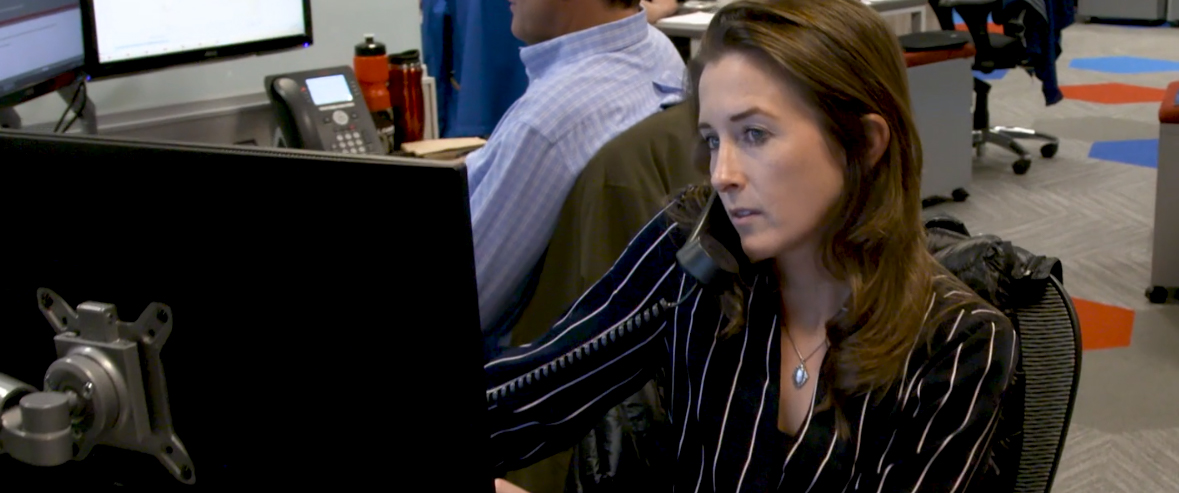
Ready to find the right electronic components supplier today? Ask these 4 questions.
With the explosive growth of IoT and demand for electronic parts expected to grow further, risks increase as well. Concerns poised by advanced IoT technologies range from IoT device security, cyber security, and supply chain security risks. In particular, when it comes to the electronic components that power the IoT boom, the global supply chain is under pressure.
The global pressure for access to in-demand parts for IoT devices brings the threat of counterfeit and non-conforming parts entering a hungry market. Here are 4 questions to ask any potential supplier to ensure that you’ve got a trustworthy partner when facing this demand.
1. What are your certifications?
Let’s start with the basics. Insist on seeing proof of up-to-date, industry-appropriate certifications. Logos on a website? Not a guarantee of proper certification. You want to ensure that any potential supplier has appropriate documentation to support any logos on display. For example, ISO does not perform certifications. So any use of the ISO logo with “certification” or “registration” is unauthorized use.
Keep in mind that “compliance” with a standard is not the same as certification. Certification to a standard demonstrates adherence to a standard, as confirmed by a third-party organization.
Look for suppliers demonstrating the effort of multiple industry certifications, from process to security to data sharing. A supplier should quickly and easily comply with a certification request — or simply make documentation available on their website.
2. Who are your partners?
Whether they hold inventory in house or the find it on demand, your supplier has a network. Their sourcing methods are an important consideration. They should carefully select and monitor their partners. If they are working with a healthy network of vendors they should describe those relationships and how they are nurtured.
How a supplier chooses their vendors is just as important. Your supplier should engage vendors in a thorough vetting process. Thoroughly vetted vendors are a critical starting point to the goal of ensuring that conformance issues or counterfeit parts do not creep in at this early stage in electronic components sourcing.
3. Can I get a tour?
Transparency supports quality control. Visibility into the process of quality assurance costs nothing and your supplier should readily provide it. Even if you aren’t able to visit a supplier on-site, a virtual tour or detailed description of process will yield important information. And naturally, gauging the willingness of a supplier to provide access is always telling.
For example, a tour or detailed process description might reveal if engineers or inspectors used to evaluate components. That could lead to inquiring about the level of accreditation inspectors must hold, material inspections, audit records, and more.
Inquire about the number and location of facilities, and if standards vary between facilities. Any information about facilities and staffing speaks to the quality control process — an integral aspect of finding a trusted supplier.
4. Are you a team player?
Supply chain security doesn’t happen in a vacuum. Your supplier must acknowledge their role in supporting a healthy global electronic components lifecycle. This includes responsible environmental practices and proper disposal of electronic components at the end-of-life point. You are looking for a partnership in taking on unprecedented demand in electronic components sourcing. If your supplier doesn’t demonstrate an engagement in the whole industry — from certifications, to vendor relationships, to transparency — do you really want them on your team?